Back to Courses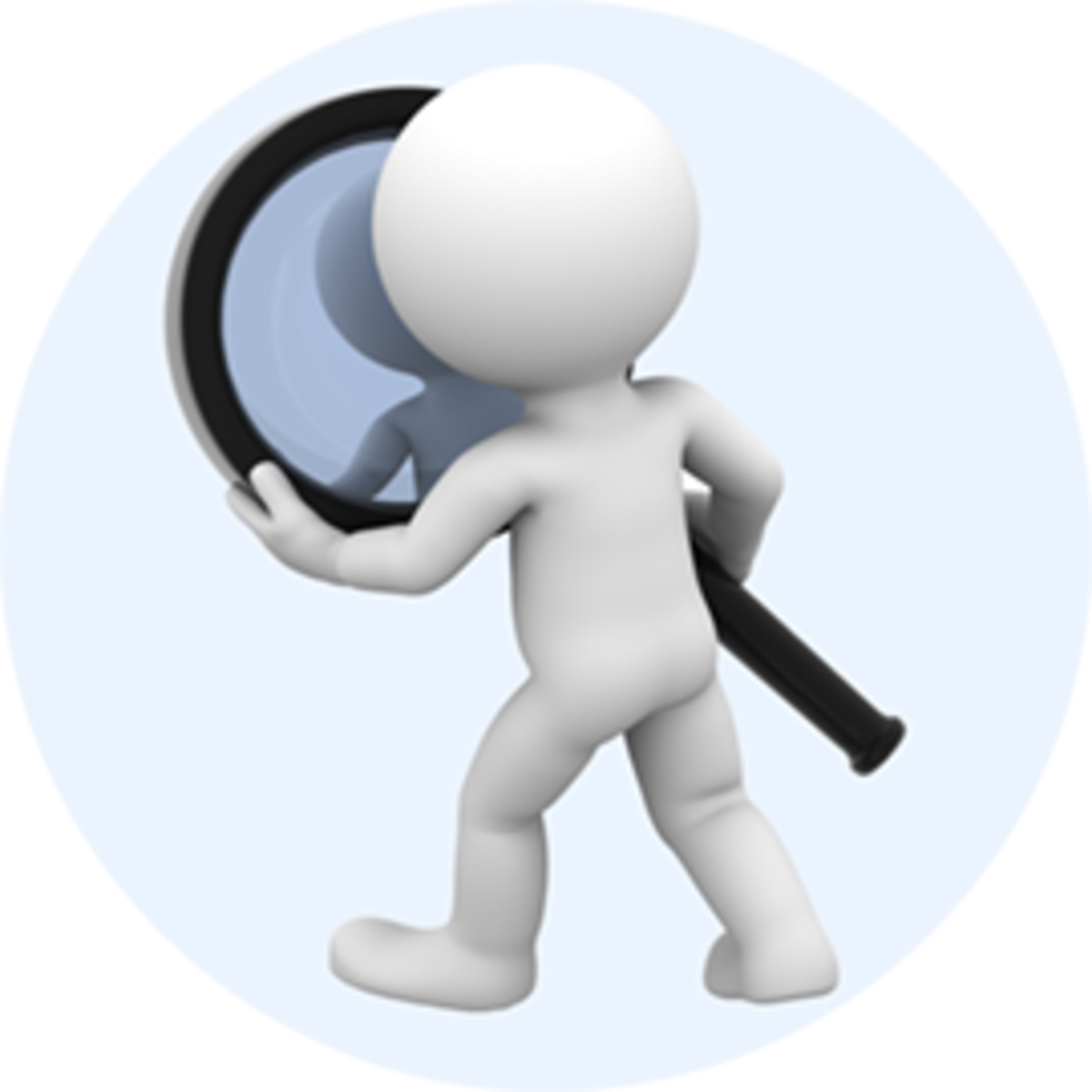
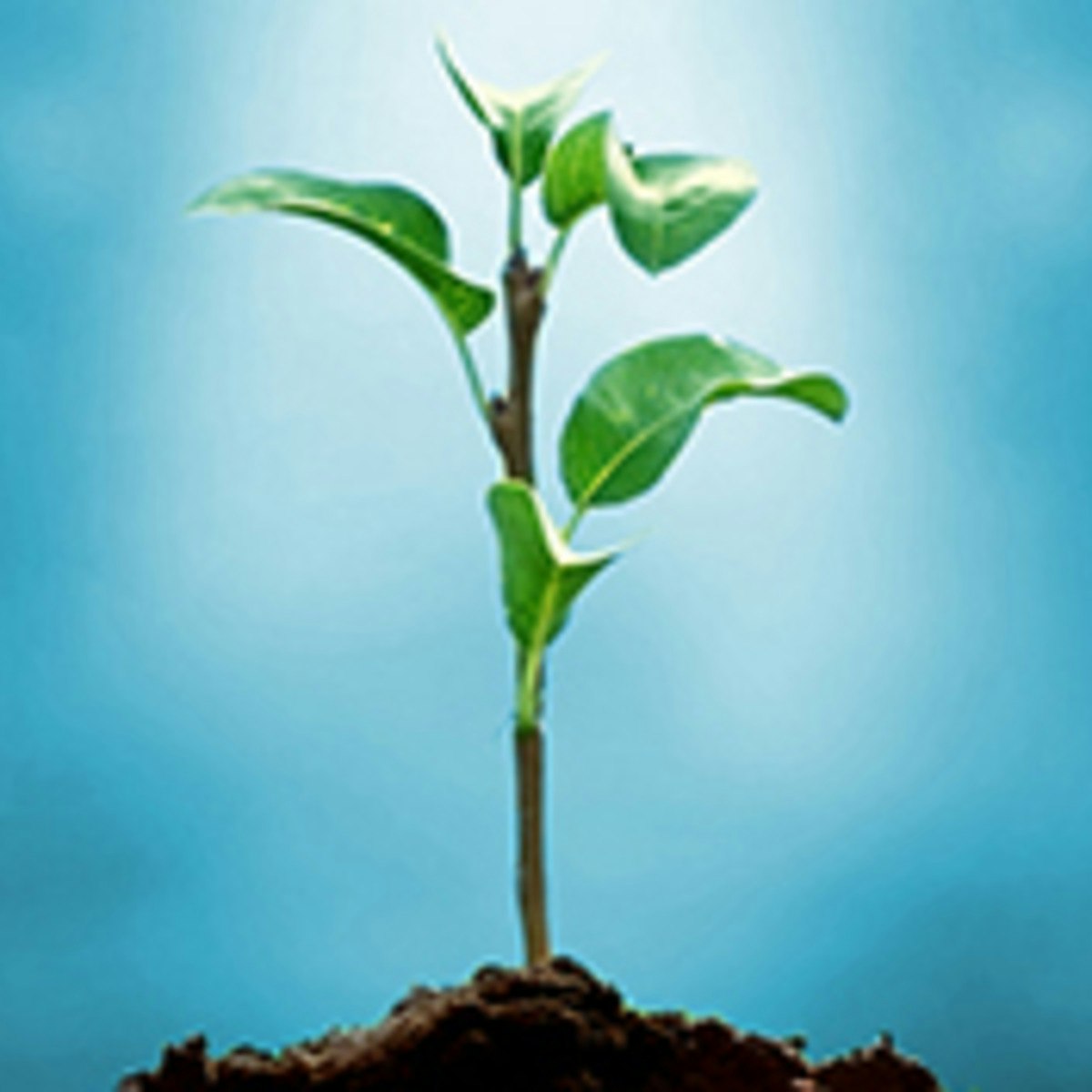
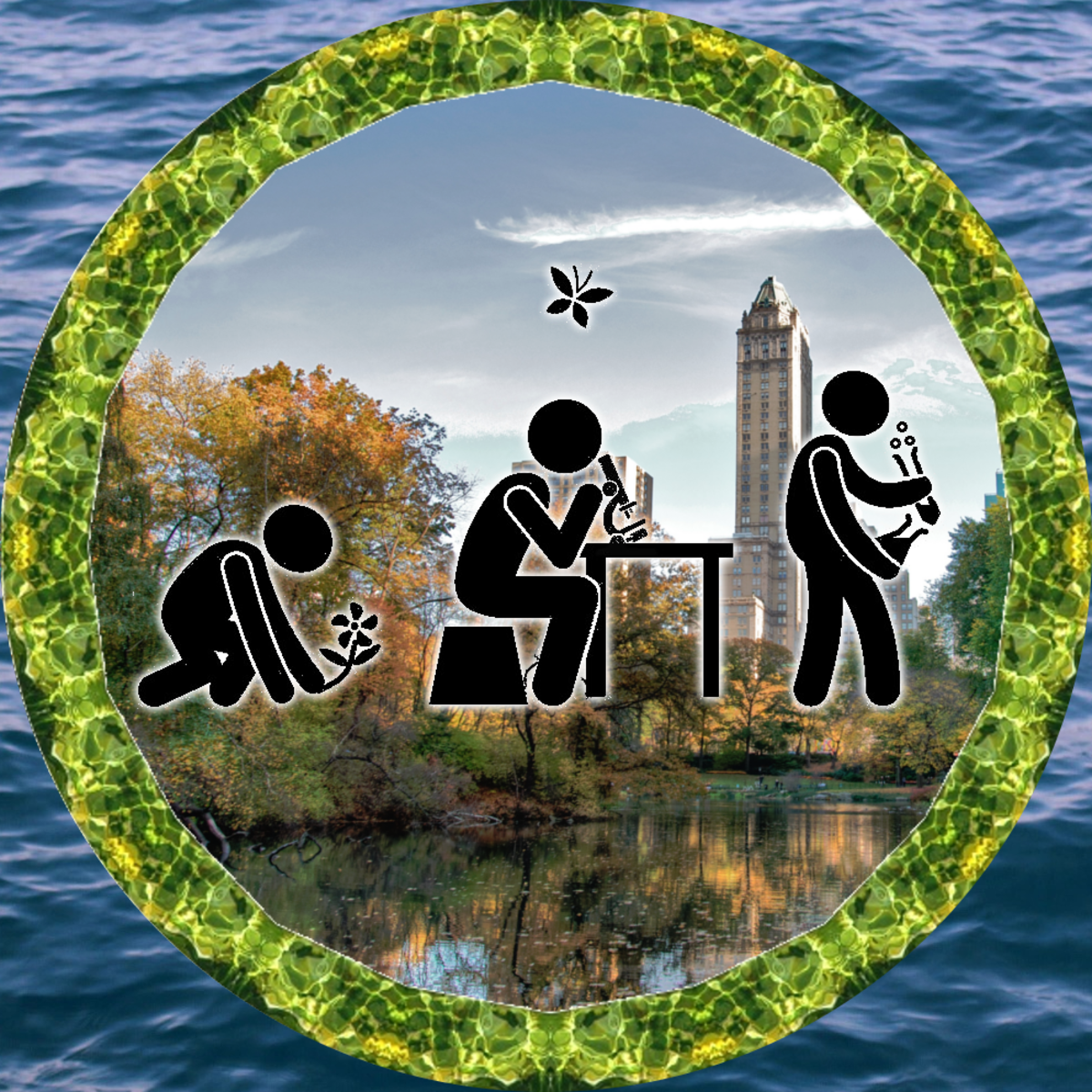
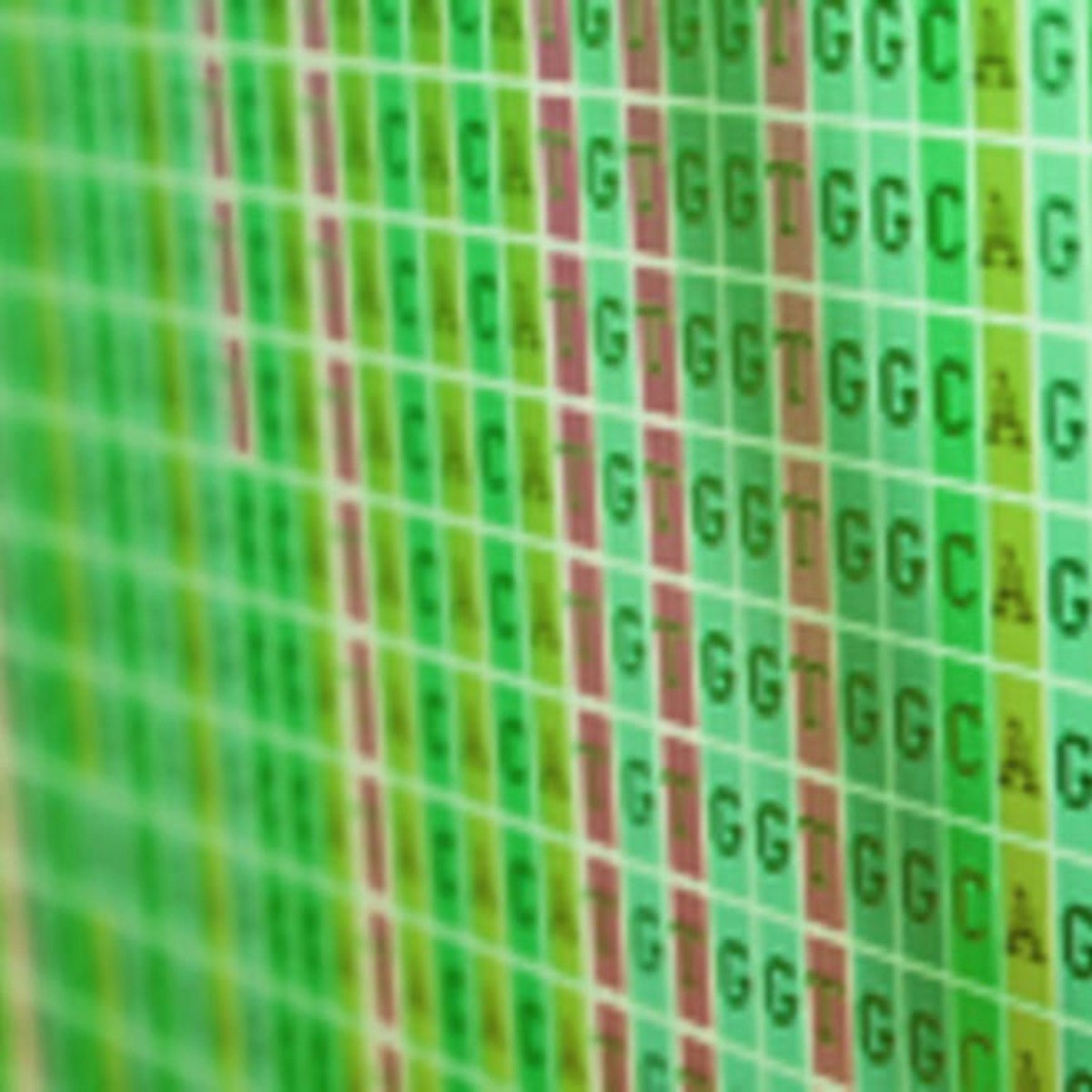

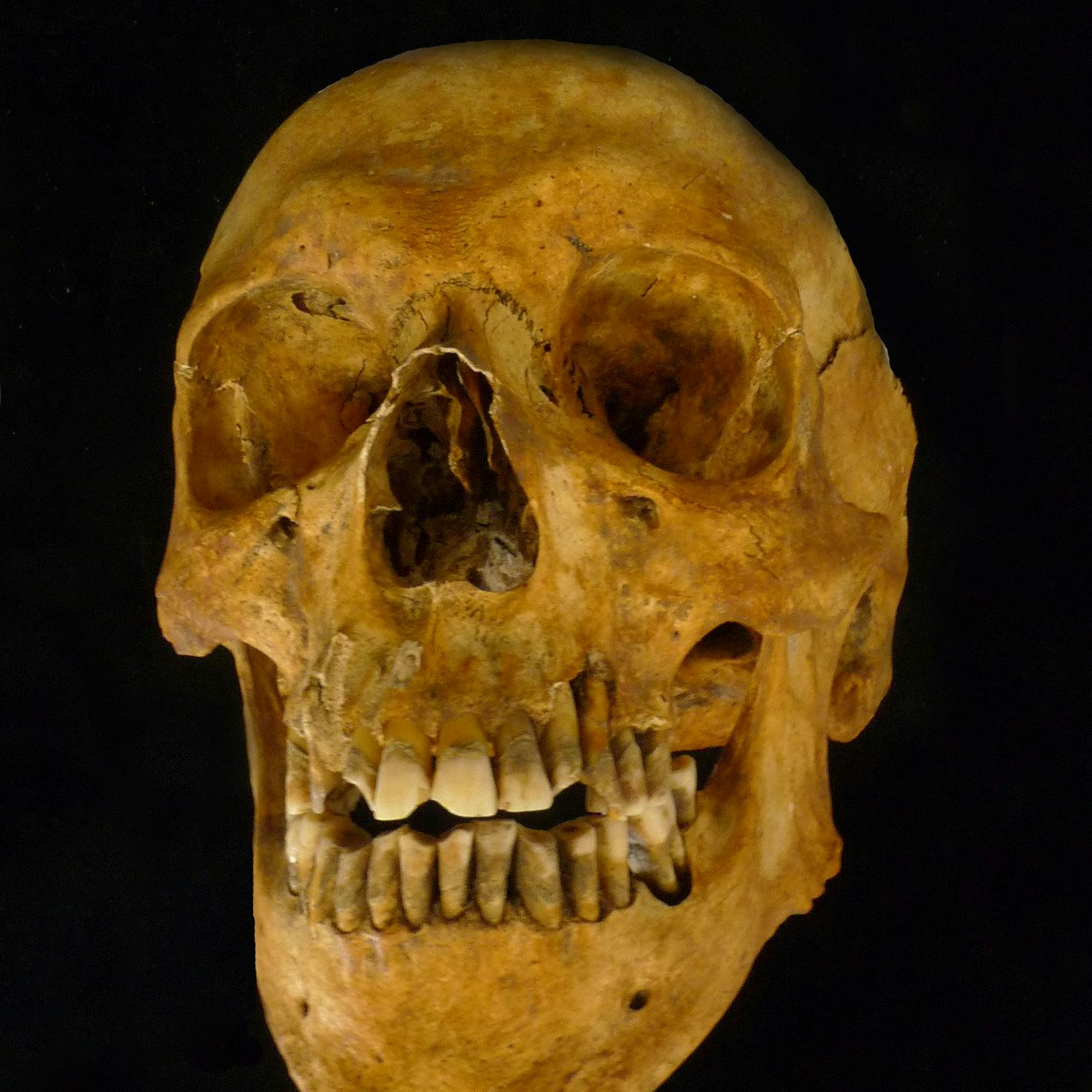
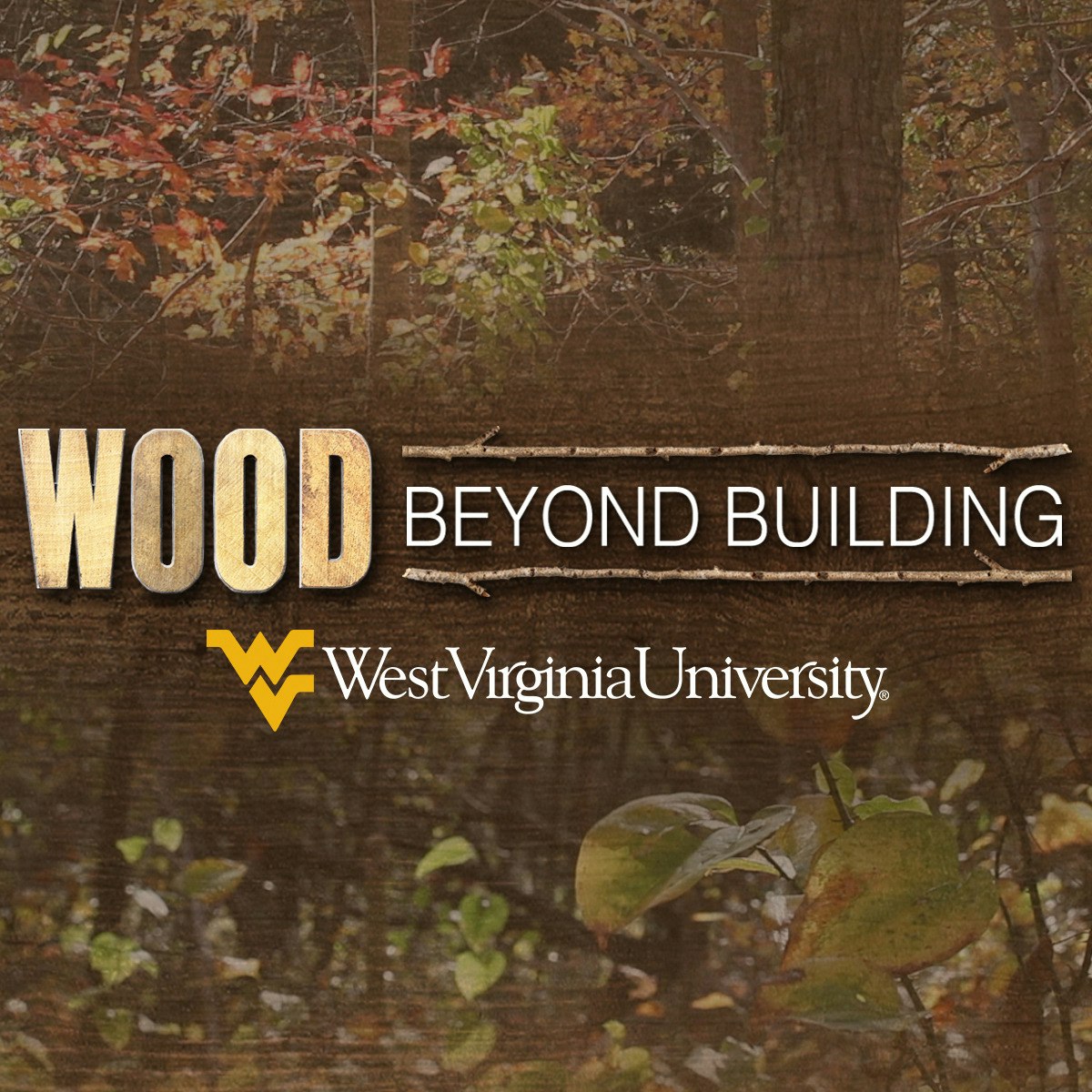
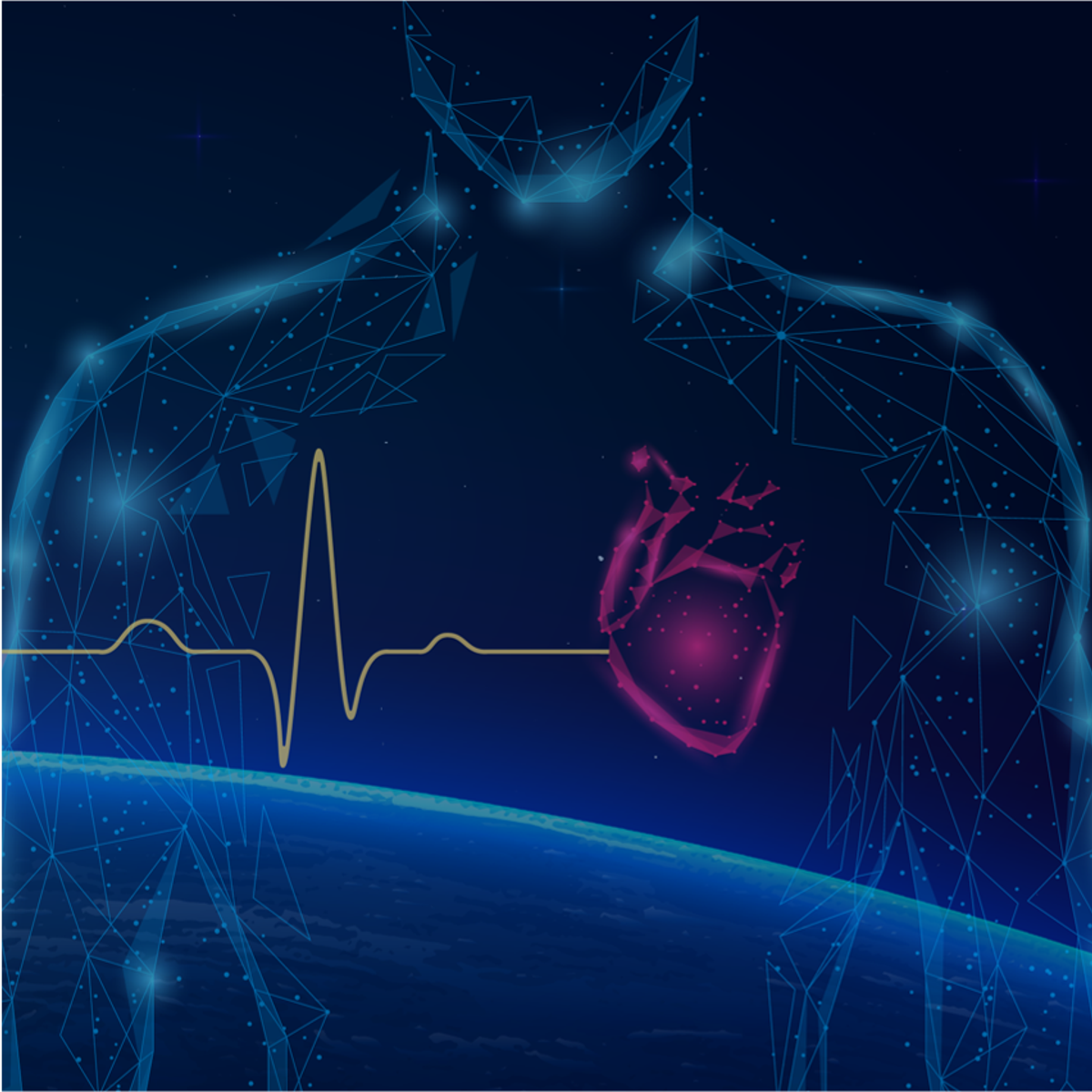
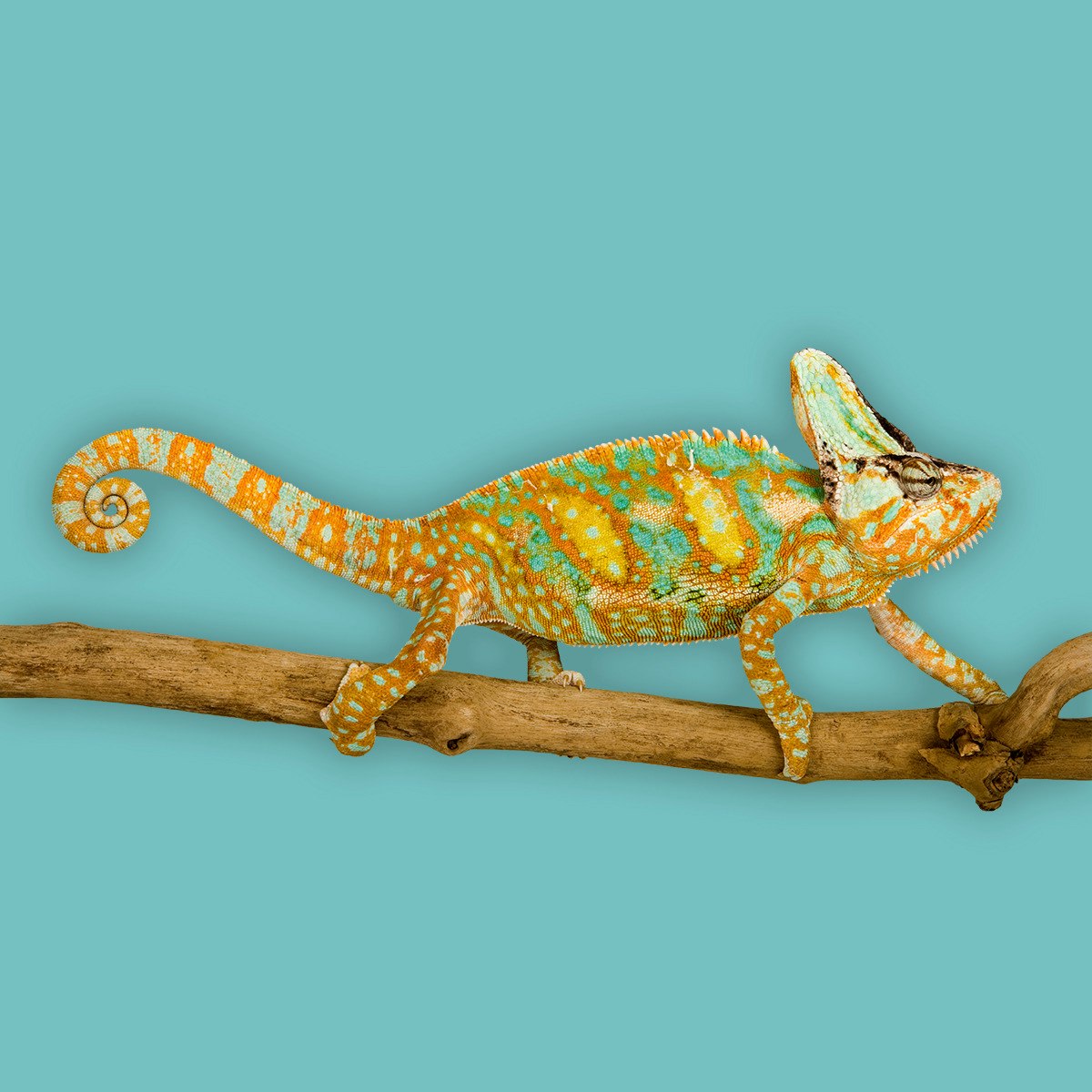
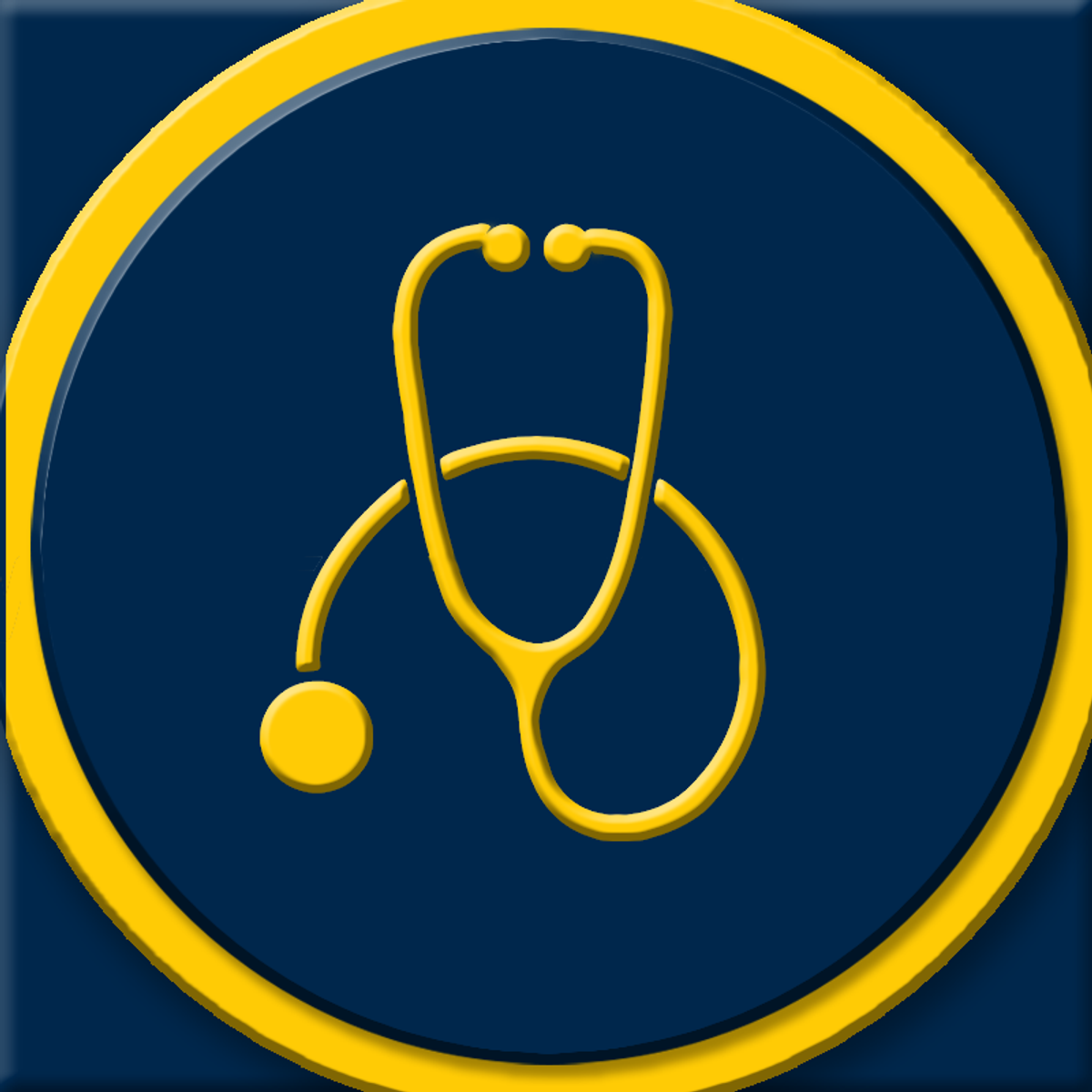
Basic Science Courses - Page 4
Showing results 31-40 of 128

Evidence-based Toxicology
Welcome to the Evidence-based Toxicology (EBT) course. In medicine and healthcare, evidence-based medicine has revolutionized the way that information is evaluated transparently and objectively. Over the past ten years, a movement in North America and Europe has attempted to translate this revolution to the field of toxicology.
The Center for Alternatives to Animal Testing (CAAT) within the department of Environmental Health and Engineering at the Johns Hopkins Bloomberg School of Public Health hosts the first chair for EBT and the secretariat for the EBT Collaboration on both sides of the Atlantic. Based on the Cochrane Collaboration in Evidence-based Medicine, the EBT Collaboration was established at the CAAT to foster the development of a process for quality assurance of new toxicity tests for the assessment of safety in humans and the environment.
Regulatory safety sciences have undergone remarkably little change in the past fifty years. At the same time, our knowledge in the life sciences is doubling about every seven years. Systematic review and related evidence-based approaches are beginning to be adapted by regulatory agencies like the Environment Protection Agency (EPA), the European Food Safety Authority (EFSA), and the US National Toxicology Program. They provide transparent, objective, and consistent tools to identify, select, appraise, and extract evidence across studies.
This course will showcase these emerging efforts and address opportunities and challenges to the expanded use of these tools within toxicology.

Understanding Plants - Part II: Fundamentals of Plant Biology
This class is aimed at people interested in understanding the basic science of plant biology. In this four lecture series, we'll first learn about the structure-function of plants and of plant cells. Then we'll try to understand how plants grow and develop, making such complex structures as flowers. Once we know how plants grow and develop, we'll then delve into understanding photosynthesis - how plants take carbon dioxide from the air and water from soil, and turn this into oxygen for us to breathe
and sugars for us to eat. In the last lecture we'll learn about the fascinating, important and controversial science behind genetic engineering in agriculture.
If you haven't taken it already, you may also be interested in my other course - What A Plant Knows, which examines how plants see, smell, hear and feel their environment: https://www.coursera.org/learn/plantknows.
In order to receive academic credit for this course you must successfully pass the academic exam on campus. For information on how to register for the academic exam – https://tauonline.tau.ac.il/registration
Additionally, you can apply to certain degrees using the grades you received on the courses. Read more on this here –
https://go.tau.ac.il/b.a/mooc-acceptance
Teachers interested in teaching this course in their class rooms are invited to explore our Academic High school program here – https://tauonline.tau.ac.il/online-highschool

Evolution Today
In this course you will learn how evolution works. You will develop an understanding of evolutionary processes and their formative power. You will see how evolution has shaped biodiversity, and continuously influences our daily life. Evolution impacts human endeavors as varied as medicine, agriculture, psychology, economy, and culture. It is the major unifying principle for biology and a fundamental natural law. In five weeks we will make evolution accessible for you and help you to recognize evolutionary processes around you, in nature as well as in society. We make use of the unique collection of Naturalis, the natural history museum in Leiden, but also take you to the field. Using classical and up-to-date examples, we will show you how scientists address evolutionary questions. In the last module, we will have a look at the future. How will humans evolve? And how do we influence our own evolution and that of other organisms?
This course is aimed at anybody with a drive to obtain a deeper, broader, and pragmatic understanding of evolution, including high-school students, BSc (undergraduate) biology students, MSc (graduate) students from other disciplines, medical professionals, conservation officers and educators in museums, libraries, national parks, and schools.

Plant Bioinformatics Capstone
The past 15 years have been exciting ones in plant biology. Hundreds of plant genomes have been sequenced, RNA-seq has enabled transcriptome-wide expression profiling, and a proliferation of "-seq"-based methods has permitted protein-protein and protein-DNA interactions to be determined cheaply and in a high-throughput manner. These data sets in turn allow us to generate hypotheses at the click of a mouse or tap of a finger.
In Plant Bioinformatics on Coursera.org, we covered 33 plant-specific online tools from genome browsers to transcriptomic data mining to promoter/network analyses and others, and in this Plant Bioinformatics Capstone we'll use these tools to hypothesize a biological role for a gene of unknown function, summarized in a written lab report.
This course is part of a Plant Bioinformatics Specialization on Coursera, which introduces core bioinformatic competencies and resources, such as NCBI's Genbank, Blast, multiple sequence alignments, phylogenetics in Bioinformatic Methods I, followed by protein-protein interactions, structural bioinformatics and RNA-seq analysis in Bioinformatic Methods II, in addition to the plant-specific concepts and tools introduced in Plant Bioinformatics and the Plant Bioinformatics Capstone.
This course/capstone was developed with funding from the University of Toronto's Faculty of Arts and Science Open Course Initiative Fund (OCIF) and was implemented by Eddi Esteban, Will Heikoop and Nicholas Provart. Asher Pasha programmed a gene ID randomizer.

Life, Health and Radiation
Radiation is all around us - without it we wouldn’t exist. Yet the word has become synonymous with danger, death and disaster.
This MOOC will allow the world to see radiation in a new light, to expose its benefits as well as its risks. X-ray radiation, for example, is a scientific and medical discovery that has improved or prolonged billions of lives. Most of us have had an X-ray at some point in our life, at the Dentist, in a hospital or clinic. Yet few people really understand what X-rays are or where they come from.
In this course, we will travel along the spectrum of electromagnetic radiation from unimaginably long to infinitesimally small wavelengths. At each significant point along the way we will stop and consider:
What is the wavelength and frequency of this radiation?
Is it ionising or not?
Who discovered it and how?
What are the uses of this radiation and
What are the risks associated with it?
Through this we hope to clarify a topic that is often confusing and concerning for many.

Osteoarchaeology: The Truth in Our Bones
This course is about what we can learn from examining the human skeleton, and how we can use this knowledge to reconstruct the lives of people who lived in the past. In archaeology and anthropology, human skeletal remains can provide unique insights into the past and the present; insights that cannot be gained otherwise.
These insights are explored in five main themes spread out over five weeks of learning. First, it is shown how age-at-death, sex and stature can be estimated by the close examination of (archaeological) skeletal remains. In subsequent modules it is shown how human bones can provide information about the diseases and injuries that people suffered from and what they ate. Also, it is shown how the human skeleton provides information about the kinds of activities that people engaged in and about how they migrated and moved around their landscapes.
In this course, you will examine all aspects of the human skeleton that can provide us with information about these different facets of life. Together we will explore the scientific field that is known as human osteoarchaeology.
- Human, because it is about us and our ancestors,
- Osteo, because it is about our bones,
- Archaeology, because we use this information to better understand the behaviors and events experienced by past people.
During the course, you will decipher the clues left behind in the skeletons of past peoples with the methods and techniques that are presented. You may also discover some clues hidden in your own skeleton and what they reveal about the life that you are living.
Want to know more? You can take a look at the course trailer here: https://www.youtube.com/watch?v=fJi22TxzpRw

Wood Science: Beyond Building
The central question of this course: “why study wood?” If “why study wood” is the question, one answer would be that it is the only raw material available to us that is truly renewable in human life span terms. Wood is as important to society today as it ever was, despite the development of many man-made substitute materials, changing resource availability, and the changing needs of society. Some items on the list of wood products stay the same (lumber, plywood and veneer for building construction, furniture, shipping pallets & crates and other containers & packaging materials, railroad ties, utility poles, chemical feed stocks, etc), but the list also keeps changing to meet new needs and challenges as the resource changes.
In short, wood is a far more diverse, green, and renewable resource than you might have imagined. Join us to learn about the important role of wood in human history, civilization, and our future.
By the end of the course, learners will be able to:
- describe wood as a raw material and its critical importance to the world economy, and the lives of the people that make that economy work.
- identify the projected trend for wood consumption to continue to grow in the coming years, despite the image of wood as a "low tech" material.
- identify the ways in which wood's properties can lead to its efficient and sustainable use.
-identify wood's positive role in boosting the world economy and ability to lead to unexpected vocations.

Space Medicine
Have you ever wondered what it would take for humans to travel beyond the comforts of our home planet, Earth? You are invited to join us in Space Medicine - an online experience facilitated by two recent Duke graduates in which you will learn about and engage in the most pressing medical challenges facing NASA and others advancing the future of space exploration.
Space Medicine is a free, non-certificate course featuring interactive modules and weekly live discussions. Participants will reflect on questions pertinent to the future of human health in space, such as:
- How do humans respond to extreme environments?
- How can engineers, doctors, and scientific researchers come together to prevent space related health issues before they occur?
- If future generations of humans attempt to live in space, what challenges will they face?
- Which evolutionary adaptations to living on Earth are useful to surviving a months- or years-long voyage?
No prior experience in science or medicine is required, as life science concepts will be introduced as necessary. At the end of the course, you will have gained valuable experience in applying modern medicine to space-based situations, from space flight to journeying to Mars.

Evolution: A Course for Educators
How are all of the species living on Earth today related? How does understanding evolutionary science contribute to our well-being? In this course, participants will learn about evolutionary relationships, population genetics, and natural and artificial selection. Participants will explore evolutionary science and learn how to integrate it into their classrooms.

Translating Research to Patients
The second phase of translational research — known as “T2” — assesses the value of applying discoveries to clinical practice, which leads to the development of evidence-based guidelines. This course focuses on clinical trials, the value of applying discoveries to clinical practice, and best practices for conducting research. You’ll see examples of human subjects research through clinical trials that have been translated into practice and, later, into basic scientific discoveries. You’ll also discuss the role of the federal government in supporting and regulating translational research conducted on humans.
This is the third course of five in the “Translational Science” series.
Popular Internships and Jobs by Categories
Find Jobs & Internships
Browse
© 2024 BoostGrad | All rights reserved